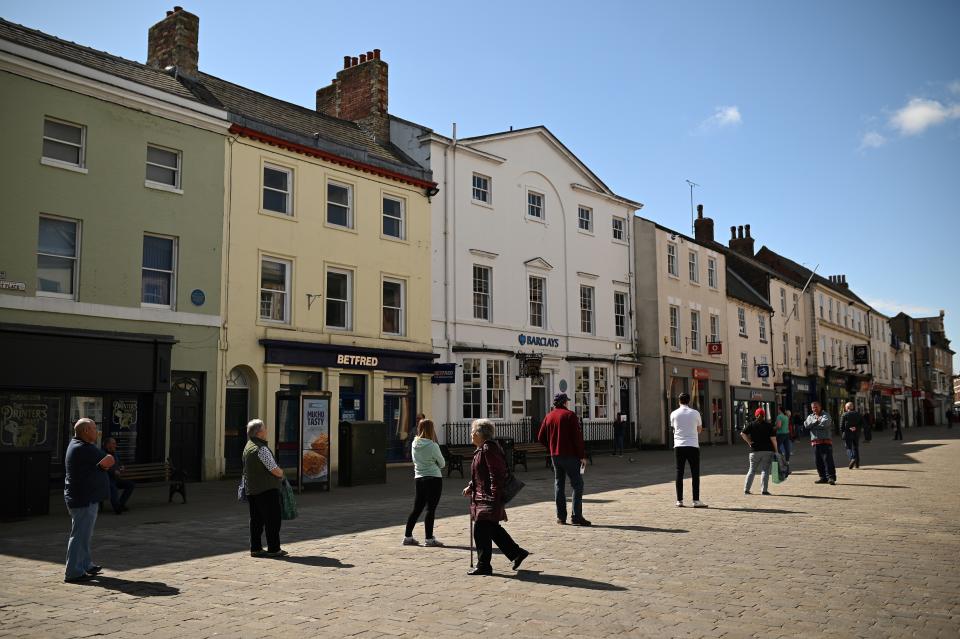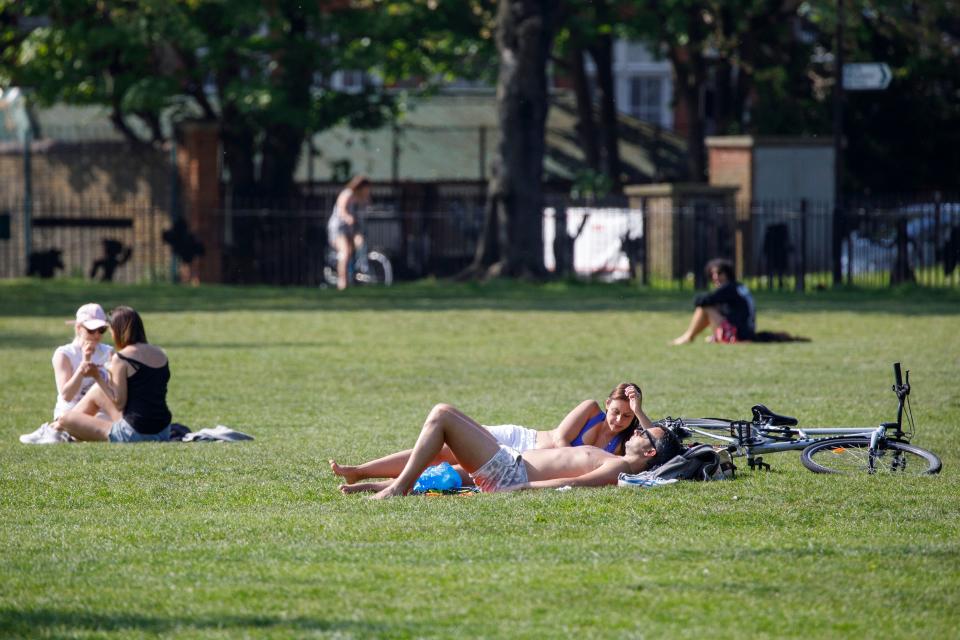Britons react to coronavirus lockdown in one of three ways: which are you?

Britons fall into one of three types depending on their response to the coronavirus lockdown – the accepter, the sufferer and the resister.
Almost half of us have accepted the new way of life under lockdown rules, analysis by King's College London revealed.
Around 48% of the UK classify themselves as “accepters”, while around 44% are suffering and 9% are resisting the changes. People aged 55 to 75 are the biggest proportion of accepters.
Bobby Duffy, director of the Policy Institute at King's College London, who oversaw the team carrying out the research, said: "The large bulk of the population are fully behind the measures, but even within this group there are clear dividing lines between those who are coping pretty well and those who are really suffering.
"Nearly all of this suffering group have felt more anxious and depressed, and six in ten are losing sleep."
Those in the accepters group have the most confidence in the government's handling of the outbreak, said researchers, while the suffering are most likely to think Britain acted too slowly.
Accepters are more likely to have voted Conservative and supported Brexit, and only 28% of them said they are potentially facing financial difficulties as a result of the lockdown – the lowest of all the groups.
Researchers found that 93% of people who admitted to suffering said they are following lockdown rules completely or most of the time, but the same percentage of them report feeling more anxious and depressed, with 64% of them losing sleep.

Nearly two-thirds of respondents who said they were suffering were women.
The survey of 2,250 adults, carried out by Ipsos Mori in early April, found young men are most likely to be in the resisting group.
Latest coronavirus news, updates and advice
Live: Follow all the latest updates from the UK and around the world
Fact-checker: The number of COVID-19 cases in your local area
6 charts and maps that explain how coronavirus is spreading
Around 58% of the resisting group think "too much fuss is being made about the risk of coronavirus", compared with only 14% of the nation as a whole.
Just 49% of the resisting group say they are adhering to lockdown rules completely or nearly all of the time, and they are much less likely to follow official guidance such as staying two metres away from others outside.
The resisters are more optimistic about Britain's financial recovery than any of the groups, with 33% of them expecting the economy to start growing again in three months or less, compared with just 11% of accepters and sufferers.

Lockdown measures were announced by the government on 23 March in a bid to slow the spread of the virus, with Britons told they could only leave their homes for basic necessities, exercising once a day, for a medical need, or for work if they could not work from home.
Last week it was suggested that people could meet 10 friends and family members under new rules for lockdown.

 Yahoo News
Yahoo News 